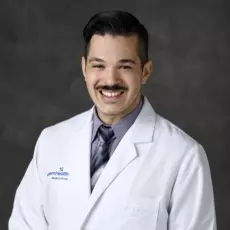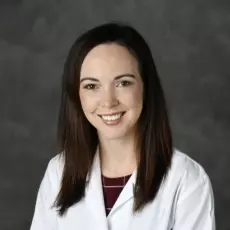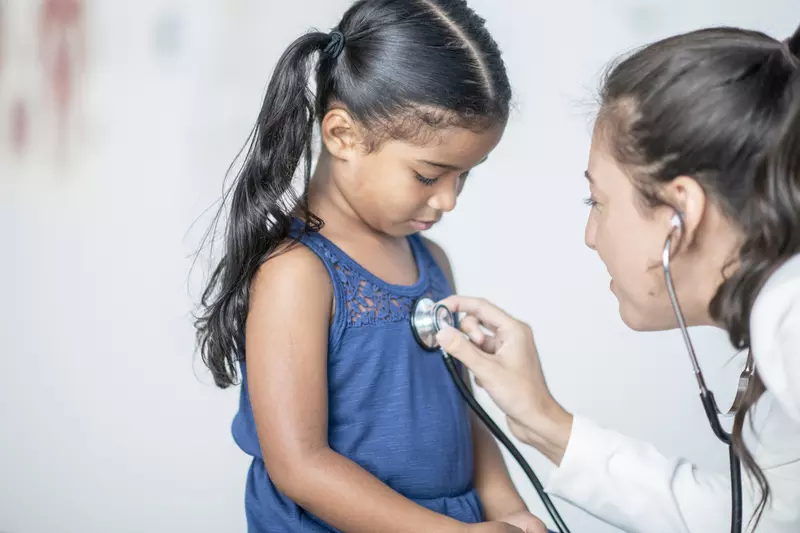
Expert Care for Your Child
When your child is sick, you just want them to feel better. And when they're chronically sick, or you find yourself referred to an infectious disease pediatrician, you’re anxious for answers, too.
Our pediatric specialists at AdventHealth for Children are experts in infectious diseases. We’re here for your child — and your whole family — at every step on the journey back to wellness.
AdventHealth Medical Group Pediatric Infectious Disease at Orlando

Committed to Convenient, Accessible Care
Good communication is a huge part of our work, and telehealth helps keep the lines open. Telehealth is a great option for busy guardians to keep up with their child's health care, and it reduces the need to travel, making our expert care more accessible.
Our Pediatric Infectious Disease Specialists
Conditions We Treat
We evaluate, diagnose and care for kids with chronic or acute infections. Our pediatric infectious disease specialists provide the expertise you need and the compassion you deserve.
We provide treatment for a range of infectious diseases and chronic conditions, including:
- Bone and joint infections
- Evaluation for recurrent infections
- Fever of unknown origin
- Hepatitis B and C
- Infectious mononucleosis
- Infections in immunocompromised hosts, including transplant patients
- Multi-drug resistant infections
- Lymphadenopathy and lymphadenitis
- Parasitic infections like malaria
- Skin and soft tissue infections
- Tick-borne illnesses, like Lyme disease
- Travel-related infections
- Tuberculosis (TB)
- Viral infections such as adenovirus and the herpes virus
Common reasons to visit our clinic include:
- Recurrent or periodic fevers
- Persistent fevers
- Recurrent bacterial, viral or fungal infections
- Recurrent urinary infections
- Recurrent abscesses and skin lesions
- Perinatal exposure to infections
- Joint swelling and pain
- Chronic cough
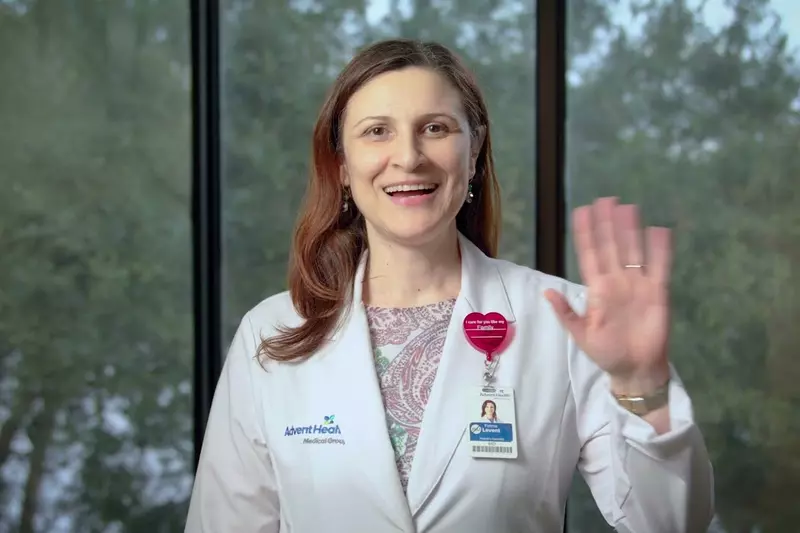
Meet Our Medical Director
Fatma Levent, MD, is a board-certified infectious disease pediatrician. Dr. Levent is the medical director of AdventHealth Medical Group Pediatric Infectious Diseases at Orlando, leading our team of experts ready to care for your child in body, mind and spirit.
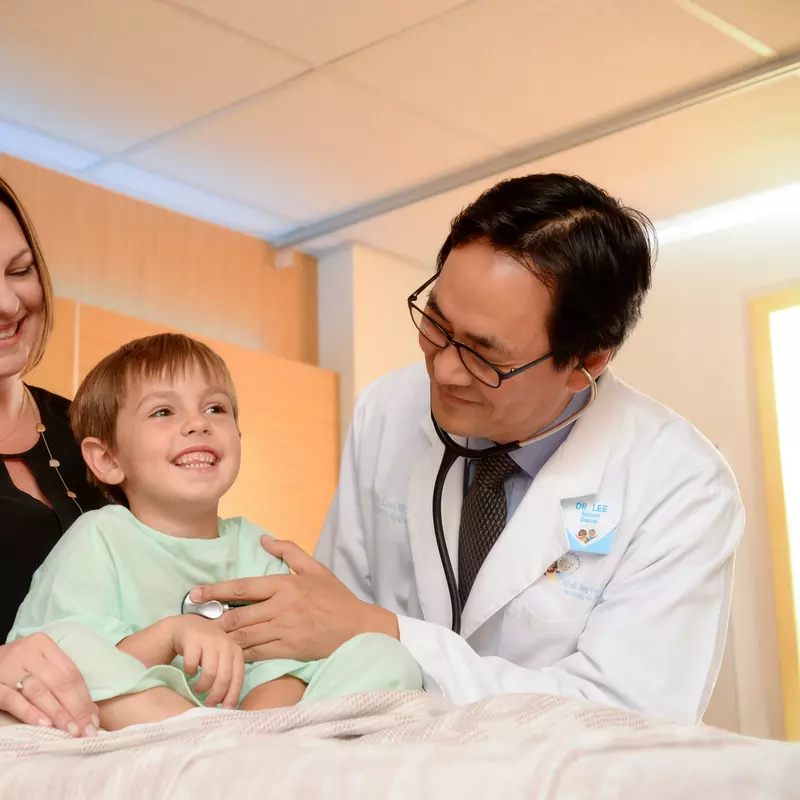
Here To Be Your Partner in Care
We know watching your child face recurring infections or a chronic disease can be heartbreaking. We’re here to partner with you in your child’s treatment and recovery so that together, we can watch them thrive. We’ll be your teammates, collaborating to find solutions and keep you informed, and your biggest cheerleaders. You’re not in this alone.
Pediatric Specialists We Work With
We’re committed to multidisciplinary care, connecting with other leading pediatric specialists.
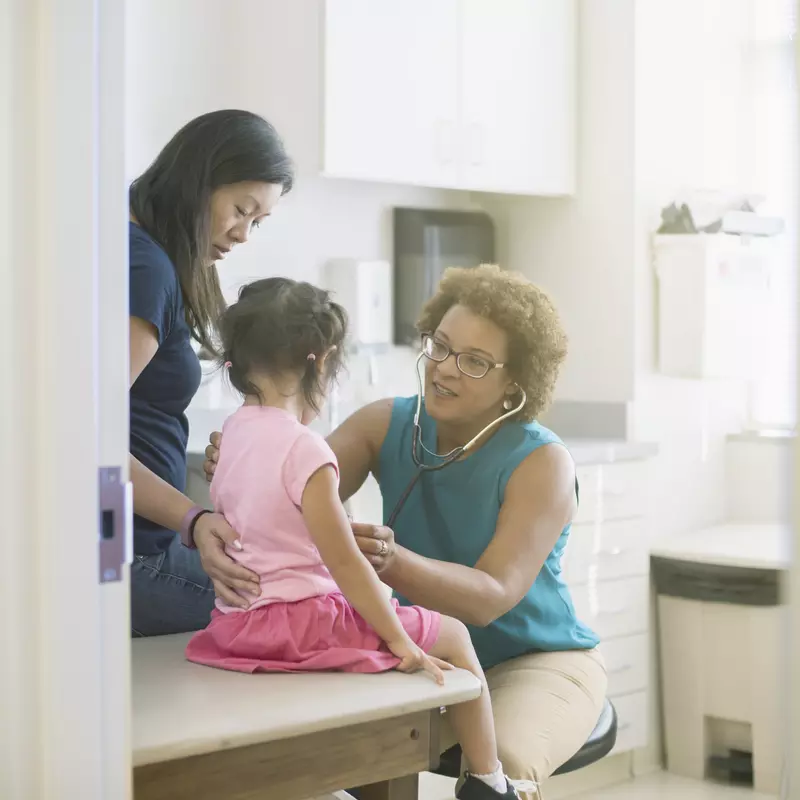
Access to Infectious Disease Specialists Near You
At AdventHealth for Children, we have a connected network of care to make getting treatment for pediatric infectious diseases easier. Our team communicates with and supports other locations and emergency departments in Orlando and the surrounding Central Florida area.
So, no matter where you are, your child will get the care they need and deserve.
Frequently Asked Questions About Infectious Diseases
At AdventHealth for Children, we have a connected network of care to make getting treatment for pediatric infectious diseases easier. Our team communicates with and supports other locations and emergency departments in Orlando and the surrounding Central Florida area.
So, no matter where you are, your child will get the care they need and deserve.
-
Q:Question: Why is my child having reoccurring infections?
A:Answer:Most commonly, this is due to attending daycare or school where there is close contact with other children who may be sick and more frequent exposure to new viruses.
There is also the possibility of an immune deficiency, which is a weakness of the immune system to fight off illness. We will evaluate your child to screen for immune deficiencies.
-
Q:Question: How can we prevent illness and address issues with the immune system?
A:Answer:Infectious diseases can be prevented by hand-washing, staying up to date on vaccinations (like annual flu shots and COVID-19 boosters), staying home if you’re sick, covering your cough and sneezes, and washing your food and cooking surfaces often. If your child is repeatedly sick, their pediatrician may refer them to an immunologist for more evaluation.
-
Q:Question: What is a fever?
A:Answer:A fever is a body temperature of 100.4°F (38°C) or above. Most children will have a fever when sick with an infection, which is a normal response and a sign that the body is fighting the infection. Fevers like this go away when the child recovers, normally in three to five days. If the fever persists, you should seek medical attention.
-
Q:Question: What kind of tests can the clinic run?
A:Answer:Depending on your insurance or preference, our clinic can order labs from local laboratories such as AdventHealth, Quest, LabCorp, and others. We can also collect wound cultures and send them to your laboratory of choice.
-
Q:Question: What are the various types of infectious diseases?
A:Answer:Infections fall into different categories: viral, bacterial, fungal or parasitic.
Some infectious diseases we see in our practice include:
Viral
- Viruses that cause the common cold like rhinovirus or enterovirus, influenza A and B, COVID-19, coxsackie virus (hand, foot and mouth disease), the herpes virus, human immunodeficient virus (HIV) and cytomegalovirus (CMV)
Bacterial
- Staphylococcus, methicillin-resistant staphylococcus aureus (MRSA), streptococcus, E. coli, salmonella, pseudomonas and Klebsiella
Fungal
- Funguses such as candida, athlete’s foot (tinea pedis), ringworm (tinea corporis), cryptococcus, aspergillosis (an infection caused by mold), histoplasmosis
Parasitic
- Pinworm infections (E. vermicularis), tapeworms (cysticercosis), toxocariasis (roundworm), trichomoniasis and amebiasis
-
Q:Question: Who is most at risk of getting an infectious disease?
A:Answer:The people at the highest risk for getting an infectious disease include:
- Immunocompromised patients (transplant patients, people undergoing chemotherapy, people with autoimmune diseases like HIV)
- Unimmunized or under-immunized patients
- Young infants and children
- Children with chronic illnesses like asthma and allergies, diabetes mellitus, cerebral palsy, vesicoureteral reflux or skin problems like eczema or who are tracheostomy-dependent
-
Q:Question: What are common pediatric infectious diseases?
A:Answer:- Viruses such as the common cold, flu, respiratory syncytial virus (RSV), COVID-19 and hand, foot and mouth disease
- Ear infections
- Strep throat (Streptococcal pharyngitis)
- Sinus infections
- Gastroenteritis (vomiting and diarrhea)
- Bone and joint infections
- Conjunctivitis (pink eye)
Bacterial infections of the skin like cellulitis, impetigo and MRSA



